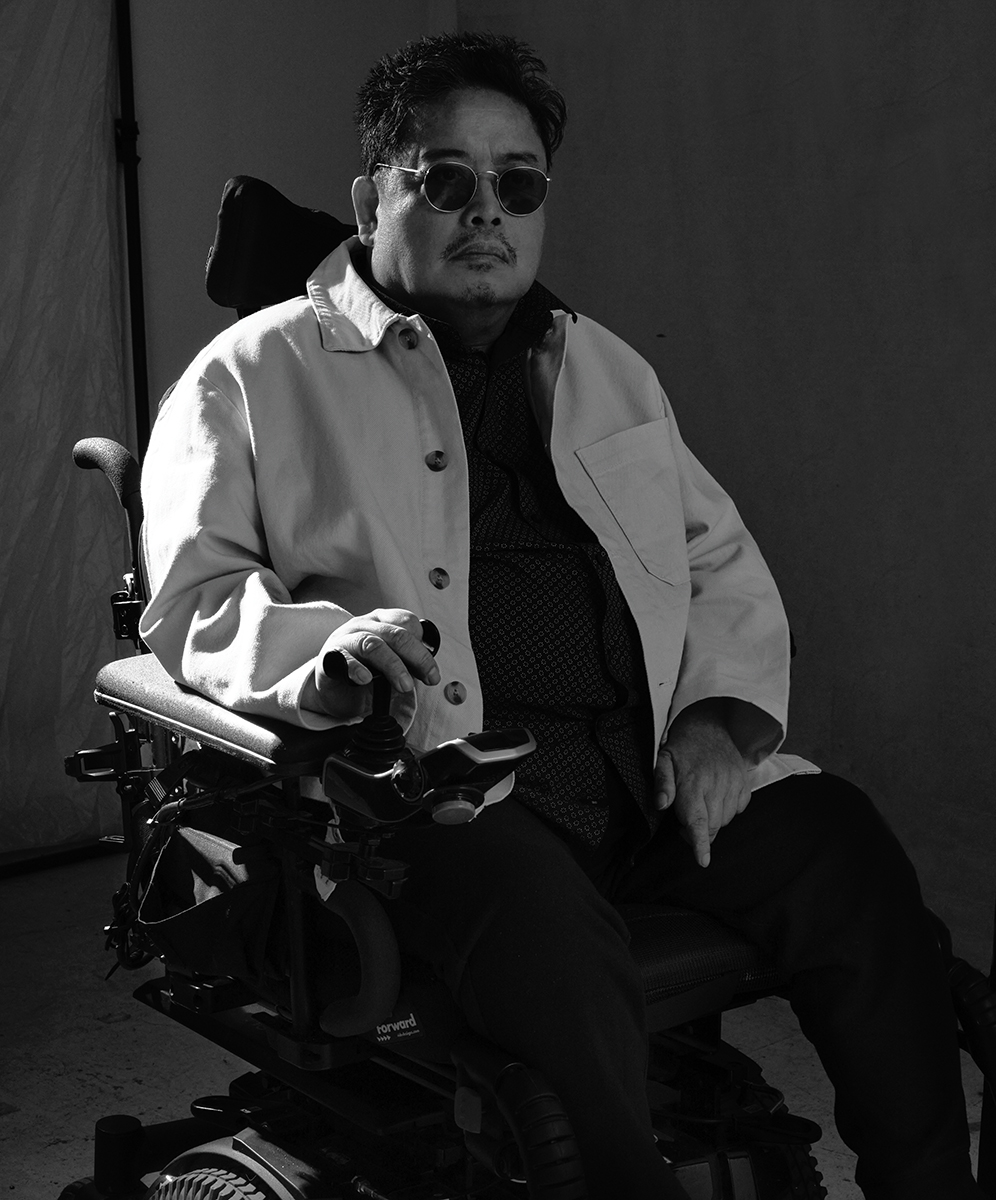Arne Andres uses a power wheelchair, so an out-of-service elevator can seriously screw up his day if he doesn’t know about it before setting out.
A dead lift at the Southgate LRT station, for example, prevents Andres from getting up to the pedway that is the only mall access from the station. The mall’s only a few metres from the LRT station, but when the elevator is out it might as well be across a canyon. Andres has to reboard the train, ride five kilometres south to Century Park, and wait for a northbound bus to take him back to a ground-level mall entrance.
“It’s frustrating and there’s nothing I can do. Whatever I plan to do for that particular day has to be changed, and I just have to face that fact,” says the University of Alberta grad student.
While snow and ice barriers melt away with the spring season, construction and maintenance projects across the city present persistent challenges.
“Construction happens during the spring and summer, so it’s really hard to navigate, especially in the downtown area. And now that we’re building all the LRTs, it’s really hard to move around,” Andres says.
The Atlas, a new app developed by Edmonton startup Click&Push Accessibility, aims to alleviate some of these challenges. It maps crowdsourced information about mobility obstacles so users can prepare for their journeys before leaving home.
Andres was one of about 70 Edmontonians who tested the app (it’s now available to all U of A students). He also serves as one of the startup’s directors.
Click&Push Accessibility president Martin Ferguson-Pell explains the idea for The Atlas sprung from work being done in his University of Alberta lab on trying to reduce the risk of overuse injuries in wheelchair users. Ferguson-Pell is also a professor in the University of Alberta’s Faculty of Rehabilitation Medicine.
“When people are in public spaces, they’re experiencing challenges of accessibility, where they may be able to plan ahead and avoid some of the barriers if they were made aware of them,” he says.
